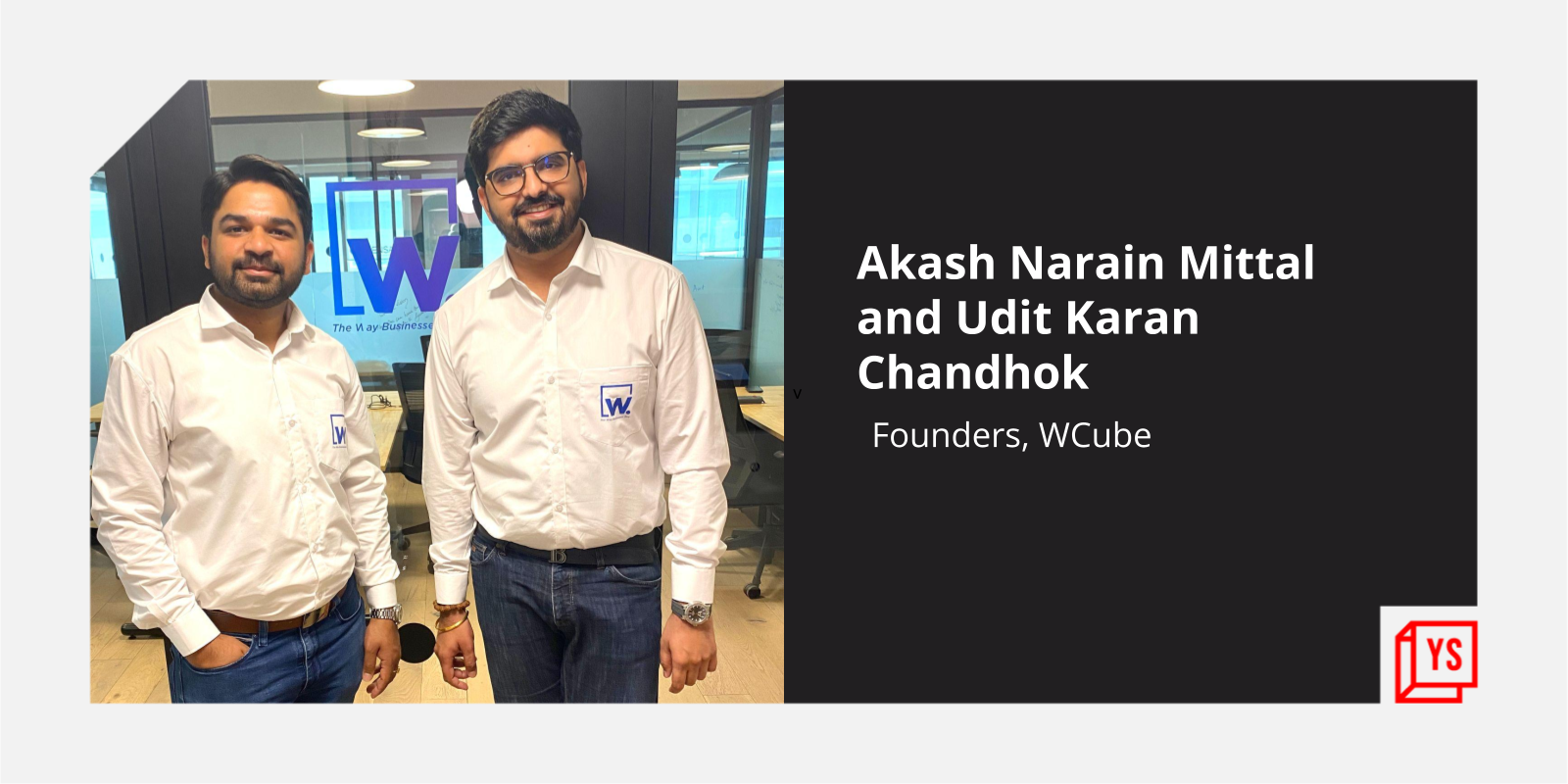Sell a Dream: Reel In Investors with a Great Vision
Saturday July 06, 2013 , 7 min Read
Visionary leadership – What does these 2 words mean for the startup founders in early stage? How do VCs in the Silicon Valley describe these words? How important is the chemistry between startup and investors? How important is for startup founders to sell their dream to the investors?

The Founders Space Silicon Valley Roundtable focused on discussing some of these important questions, where prominent VCs from the valley shared their opinion with a group of entrepreneurs. The first half was focused on question answer style session and second half was focused on VCs interacting with the founders in smaller groups.
Q.1 What defines visionary leadership?
BR: We want teams with a clear vision. The idea of hierarchical organization does not exist in a startup, but the concept works for existing enterprises. The founding team needs to have extra-ordinary way of working with each other. The founder needs to be clear in the context of target customer.
HB: We need brave new visionary leaders to envision. Please remember that followers follow the leader.
DJ: The founding team needs to have depth of focus and execution along with the vision. The founders need to have vision of their own, which can be different from the vision of the industry in which they are operating. The leader needs to be capable to attract the best talent. We believe that this combines the gist of visionary leadership.
Q.2 How often does it happen that the founding team crumbles from the questions from the VCs?
BR: It happens often. The founders should exhibit authenticity and integrity and should have domain knowledge within the founding team so that they can withstand the questions from the VCs during the fund raising pitches and due diligence. Every VC falls in love with different things, so founding team should do their homework on presenting their ideas in a way that makes it easier for VC to fall in love with the idea and the startup team.
HB: We have often seen that entrepreneurs are really good at 90-second pitches, which they have often rehearsed multiple times while preparing for the demo days. They often fail when VCs call them for extended meetings to learn more about their idea. If you as a founder are not ready for extended discussion, please make it clear in the beginning itself so that everyone’s time can be saved.
VCs also have lookup table based on the prior experience, which allows them to decide quickly whether this idea will survive or not. So preparing in a detailed manner about your industry can help survive some of those tough VCs questions.
DJ:Startups should prepare properly before giving pitches and should know who the target audience is. If the audience is investors, then keeping it to the point and highlighting their metrics would be useful for us.
Q.3 What is most important for VCs – business model or vision?
HB & DJ: We believe that it depends a lot on context, but we have seen that having a clear vision sometime has an edge over not having a clear business model.
BR: We want both (clear vision and business model) before we can fund the company.
Q.4 Can you please share some effective techniques so that entrepreneurs can communicate their vision effectively with investors?
DJ: Founders should cite credible resources while sharing any facts, or market research reports. Sometime a simple Google search can provide a lot of information. It helps in building credibility. Getting warm introductions are always better than cold calling. Creating authentic relationship with the investor from the first meeting itself goes a long way.
BR:Startups should let one of the customers communicate to the VC why the startup is amazing and why they are paying for that product or service. Hearing the reasons from a customer is a lot more convincing then startup founders listing the reasons why such and such product/service is amazing. If the startup does not have existing customer, then startup should go to potential customer or credible people in the industry to get validation of the product/service/idea.
HB: In addition, startups should focus on a vision and not a mission in the beginning.
Q.5 Can someone beside CEO presents the vision to the VC?
All: No, selling the idea or company is primarily the CEO’s job. A CEO might ask another person for help in very rare cases.
Q.6 Can you please share 1 last advice with entrepreneurs about “Visionary Leadership”?
HB: Get as many followers as possible behind you who believe in your idea and would support you early on. If you can’t get followers, then converting an idea into a successful VC funded startup would be very difficult. It is not the pattern for successful companies.
DJ: The founding team should focus on authenticity and developing a clear vision. Attracting followers is very important as HB highlighted.
BR: Startups should throw out all templates for creating their pitch and should focus on getting their idea across in an effective way. One way to think about this is to think about “getting you idea across to normal people” and asking your other friends for feedback.
Information about the event:
A Founders Space Roundtable is a monthly meeting where founders get together to share knowledge, solve problems and make connections. Each Roundtable tackles a specific subject, such as raising capital, negotiating term sheets, attracting talent, creating marketing plans, and filing patents. The session begins with industry experts providing detailed advice. Then we roll up our sleeves, gather into small groups, and help each other with issues we’re facing.
Venue: nestGSV 425 Broadway St Redwood City, CA 94063
Date/Time: Thursday, June 27, 2013 from 6:00 PM to 8:00 PM (PDT)
SPEAKERS
Howard Hartenbaum joined August Capital in 2008. Prior to joining, he served as a General Partner at Draper Richards LP where he was the founding investor in Skype and a former member of the board of directors where his achievement resulted in his joining the Forbes Midas List of top venture capitalists. Before entering the venture capital field, Howard was at Hughes Electronics, where he was responsible for supporting business development, marketing and sales of satellite, information security and automotive technologies developed by HRL Laboratories. He also worked in engineering positions in ergonomics and user experience at Honda Motor Company and manufacturing at Teledyne Relays. Howard has worked overseas for a total of ten years in Luxembourg and Japan. He is a graduate of M.I.T. Current Investments include Bubbli, DITTO, Eat Club, Gigwalk, Luminate (formerly Pixazza), Reputation.com and RelayRides.
Deepak Jeevan Kumar is a Principal at General Catalyst Partners, where he focusses on helping entrepreneurs with disruptive ideas in big data, cloud computing, data center infrastructure, cyber-security and clean energy. He has been with General Catalyst since 2010, first in Boston and later in the firm’s Palo Alto office. He specializes in incubating and launching big data and cloud computing startups. Deepak has been closely involved in General Catalyst’s investments in DataGravity, Virtual Instruments, ParElastic, Push Computing and Sunglass.io. He frequently represents General Catalyst in speaking at industry events and judging at startup competitions. Prior to joining GC, Deepak led Sun Microsystems’ high performance computing practice in the Asia-Pacific region. He has the distinction of being a key architect of a few top 10 supercomputers in the world. He was also in intern at the Yale Investments office. Deepak is a graduate of the National University of Singapore, earning a B.Eng. in Computer Engineering; the Singapore-MIT Alliance, earning a S.M. in Computer Science; and the Yale School of Management, earning an M.B.A.
Bill Reichert of Garage Technology Ventures has over 20 years of experience as an entrepreneur and operating executive. Since joining Garage in 1998, Bill has focused on early-stage information technology and materials science companies. He has been a board director or board observer at CaseStack, WhiteHat Security, ClearFuels Technology, Simply Hired, MiaSole, D.light Design, ThermoCeramix, and VisaNow, among others. Prior to Garage, Bill was a co-founder or senior executive in several venture-backed technology startups, including Trademark Software, The Learning Company, and Academic Systems. Earlier in his career, he worked at McKinsey & Company, Brown Brothers Harriman & Co., and the World Bank. Bill earned a B.A. at Harvard College and an M.B.A. from Stanford University. He was a founding board member and a Chairman of the Churchill Club, and a Board Member of the Silicon Valley Association of Startup Entrepreneurs. Currently he is the Chairman of the Small Fund Roundtable of the VC Taskforce and a member of the Council on Foreign Relations in New York.







![[Funding alert] SATYA MicroCapital raises Rs 72.5 Cr from BlueOrchard Finance](https://images.yourstory.com/cs/2/11718bd02d6d11e9aa979329348d4c3e/shutterstock1445565344-1595835389375.png)


![[Funding alert] Edtech startup Mindler raises $1M in pre-Series A round led by Inflection Point Ventures](https://images.yourstory.com/cs/2/e641e900925711e9926177f451727da9/Imagezj9l-1611141125123.jpg)